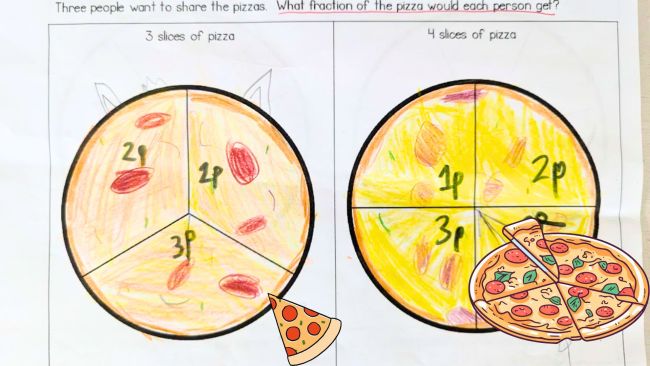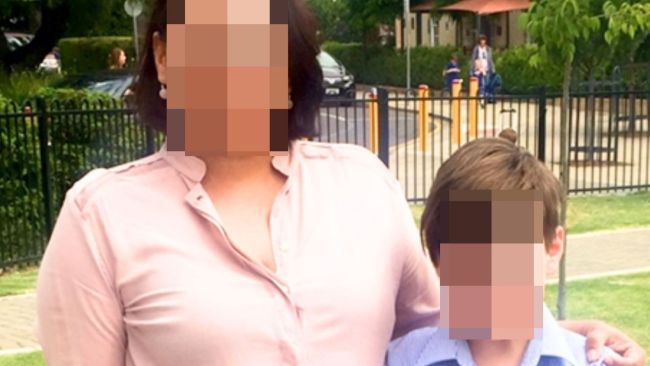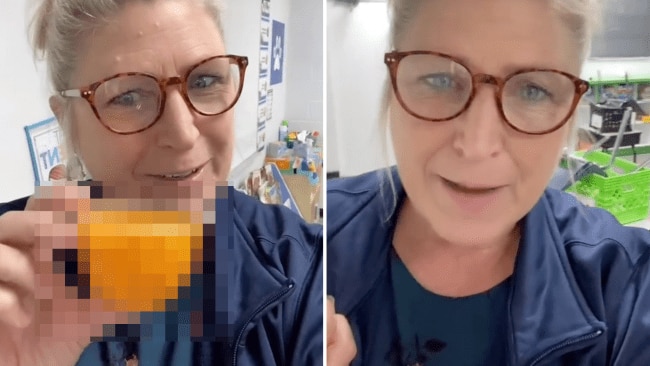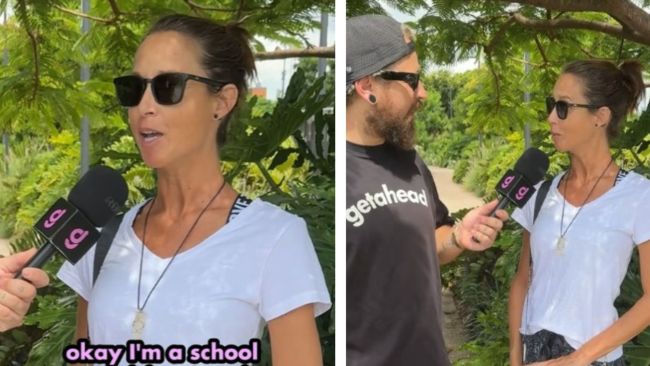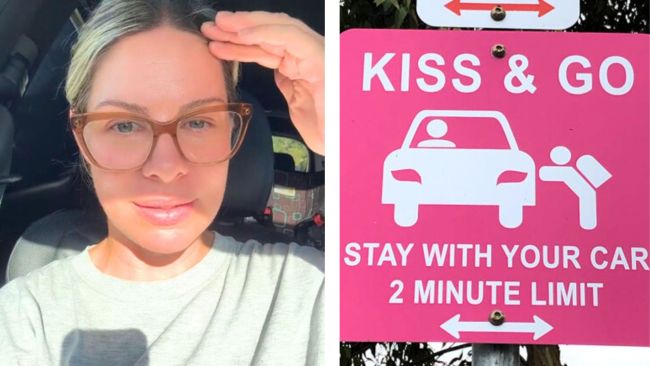My 11yo daughter has started calling herself fat and cries about it
"I already noticed she eats less and less. She also regularly checks on her abs at random times, I'm very concerned."

Primary School
Don't miss out on the headlines from Primary School. Followed categories will be added to My News.
Advice for a parent of a tween who is worried about her body image.
Advice Needed
This morning my daughter (11) shared with me that she feels fat all the time and cried about it too. The feeling started this summer. I already noticed she eats less and less (eg. skipping snacks after school). She also regularly checks on her abs at random times. I'm very concerned as she is already very athletic because of the sports she does and had very little fat. What are some things we as parents: (1) should start doing (2) stop doing? I will also look for a therapist with my wife asap.
Have an anonymous question you desperately need answered? Submit a question to our Advice Needed column.
RELATED: A fact sheet for parents with tweens
Jordana’s Advice
As a parent this is always so hard to hear because we think our children are perfect as they are. Body image issues are rampant among teenagers, especially teenage girls. Access to social media, being influenced by their friendship group and, as hard as it is to hear, how they hear us speak about our own bodies all plays a part. And yes, I am referring to that episode of Bluey, where Bandit and Chili were talking about their bodies and needing to exercise (the scene has now been deleted).
When you hear your daughter talking about her body again, validate her feelings rather than dismissing them. Saying things like, “Oh no you’re not,” or “Stop that,” won't change the way your daughter views herself. If she thinks she's overweight, arguing with her feelings could make the situation worse. Validation sounds something like this, "I know it can be hard to feel good about your body sometimes."
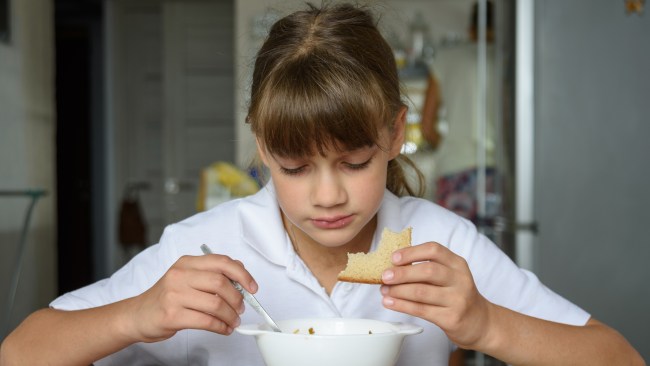
RELATED: Helping kids develop a healthy body image
Encourage healthy self-talk
It’s important that you know where her original thoughts came from. Was it from something she saw on social media, such as an influencer, or was it something that someone said? If someone has said it to hurt her and she’s taken it on, that’s classic bullying and you can then say, “people say things to hurt us, but doesn’t mean they are true, you have every right to be upset, but don’t let someone else's hurtful words, hurt you or your body.” Teach her how to develop healthy self-talk. Talk about how she can remind herself of the good qualities she has and teach her not to say anything to herself that she wouldn’t say to a friend.
Given her age, she will be able to understand how the presentation of bodies either in the media or on social media can be distorted (and more often than not is). Airbrushed magazine photos, underweight models, and the glamorisation of thin ideals can lead many people to confuse thin for healthy. If she’s on social media, I would suggest you monitor what she’s looking at/searching. There’s an avalanche of content that can lead to disordered eating and unrealistic expectations of body image.
Focus on health rather than weight
Talk about the importance of eating healthy and getting exercise rather than looking at weight or body fat. Reinforce that people come in all shapes and sizes, there’s not a one-size-fits all when it comes to beauty. Be aware of your words about food, body image, both your own and the people around you. How you phrase things can impact the little ears that are always listening. The way we talk to ourselves is a model for how our children talk to themselves.
When she wants to skip a snack, that’s ok. It’s important for us to allow our children to follow their stomach cues, if they are full they’re full. You could always say, “that’s ok, if you feel full or you aren’t hungry at the moment. Happy to make you something or eat with you when you want.” Make healthy eating a family focus rather than talking about it as a weight-loss tool, that also goes for exercise. From what you’ve said, she’s athletic and loves to move. Make sure this relationship with food and exercise remains positive, rather than a means to lose weight.
Keep the dialogue open, it’s great that you’re already being proactive, given the tween and teen stage is so crucial when it comes to developing healthy eating habits. You've got this.
More Coverage
Originally published as My 11yo daughter has started calling herself fat and cries about it



